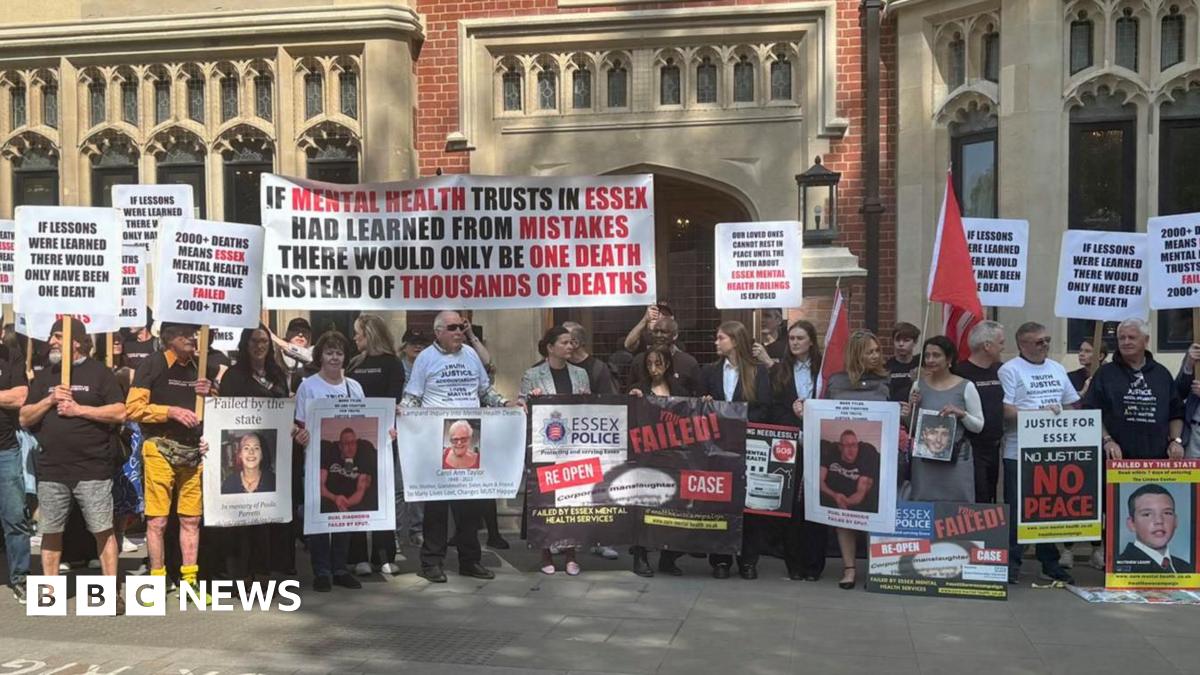Facing Healthcare Hurdles? New Bill Suggests 'Work Requirements' for Coverage

The recently passed tax and spending legislation is sparking debate, particularly concerning its potential impact on healthcare access for millions of Americans. A key component of the bill involves significant cuts to Medicaid, estimated to reach nearly $1 trillion over the coming years. Alongside these cuts, the legislation introduces a controversial element: work requirements for certain Medicaid recipients.
What's in the Bill?
This comprehensive bill aims to reshape the landscape of social safety nets and healthcare programs. Beyond the substantial Medicaid cuts, it includes a range of alterations to various social programs. However, the work requirements attached to Medicaid are drawing the most attention and scrutiny.
The Work Requirement Debate: A Closer Look
The proposed work requirements stipulate that able-bodied adults receiving Medicaid benefits must actively participate in job training, searching for employment, or working a certain number of hours per week to maintain their eligibility. Proponents argue that these requirements incentivize work, reduce dependency on government assistance, and ultimately strengthen the economy. They believe it encourages individuals to become self-sufficient and contribute to society.
However, critics raise serious concerns about the potential impact on vulnerable populations. They argue that many Medicaid recipients face significant barriers to employment, including lack of access to transportation, childcare, or job training. Furthermore, they contend that the bill could disproportionately affect individuals with disabilities, chronic illnesses, or those living in rural areas with limited job opportunities. There’s also concern that the bureaucratic hurdles involved in proving compliance with work requirements could inadvertently deny coverage to those who genuinely need it.
Medicaid Cuts: A Ripple Effect
The massive cuts to Medicaid funding are expected to have far-reaching consequences. States are likely to face difficult decisions about which services to reduce or eliminate. This could lead to fewer people being able to access essential healthcare services, potentially impacting public health and increasing the burden on emergency rooms.
Who is Affected?
The impact of this legislation will be felt across a broad spectrum of the population. Low-income families, individuals with disabilities, seniors, and those living in states that have expanded Medicaid are particularly vulnerable. It’s crucial to understand that these changes are not simply about policy; they represent real people's lives and access to vital healthcare services.
Looking Ahead
The implementation of these work requirements and Medicaid cuts will likely be phased in over time, allowing states some flexibility in how they adapt. The coming months and years will be critical in assessing the true impact of this legislation on healthcare access and the well-being of millions of Americans. Ongoing debate and scrutiny are essential to ensure that policies are both effective and equitable.
Stay Informed: Follow reputable news sources and advocacy groups for updates on this evolving situation and its potential implications for you and your community.






